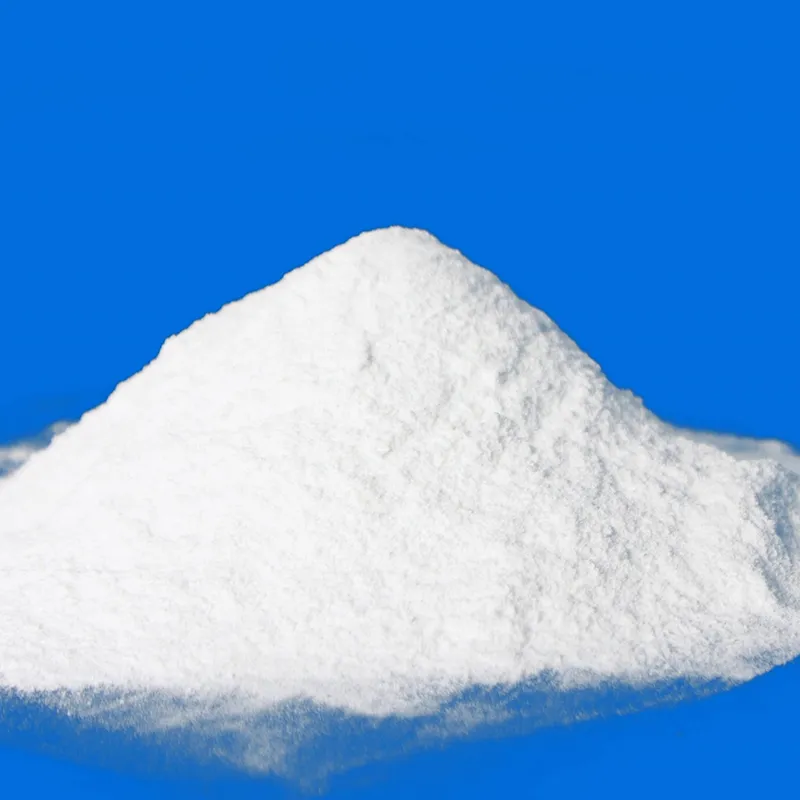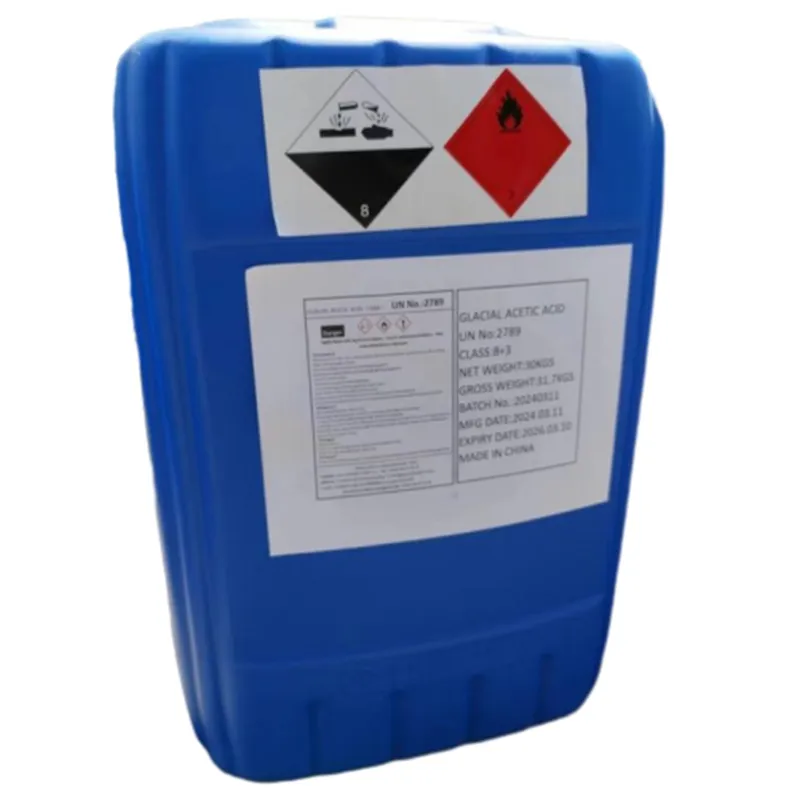TEL: 0086-311-88862036

Feb . 13, 2025 17:48
Back to list
Sodium Metabisulfite 97
Navigating the complexities of food safety can be a daunting task, particularly when it comes to the myriad of preservatives found in processed foods. As the average consumer becomes increasingly health-conscious, understanding which food preservatives to avoid is critical for maintaining a well-balanced diet and ensuring long-term health. This guide, grounded in experience and expert insights, aims to shed light on some preservatives that may pose health risks and should be avoided as much as possible.
4. Nitrates and Nitrites in Processed Meats Nitrates and nitrites are preservatives used in cured meats like bacon, sausages, and deli cuts to inhibit bacterial growth and preserve color. Although they play a significant role in food safety, under certain conditions they can turn into nitrosamines, which are potent carcinogens. This transformation is more likely when meats are cooked at high temperatures. Regular consumption of processed meats has been associated with increased risks of certain cancers. To reduce exposure, opt for nitrate/nitrite-free products and increase the intake of fresh, lean meats. 5. Propylparaben and Reproductive Health Propylparaben is a preservative more commonly associated with cosmetics, but it can also be found in a limited range of food products. Research, particularly studies focusing on endocrine disruption, suggests that propylparaben may negatively impact reproductive health. While the current exposure levels through food are considered low, some experts recommend avoiding it altogether, especially for pregnant women and children. 6. Sulfites and Allergic Reactions Sulfites are used to keep food fresh and prevent browning in dried fruits and vegetables. For a small portion of the population, sulfites can cause severe allergic reactions or asthma attacks. Individuals with asthma or those prone to allergies should be especially careful with packaged foods and wine, which often contain these preservatives. Checking labels for terms like sulfur dioxide, potassium bisulfite, and sodium sulfite can help in making informed dietary choices. In conclusion, while the food industry relies on preservatives to ensure safety and longevity of products, not all are devoid of potential health impacts. By opting for fresh and organic options when possible and diligently reading food labels, consumers can significantly reduce their preservative intake. Consulting with healthcare professionals and conducting personal research are effective strategies to tailor dietary choices based on individual health needs and sensitivities. Ultimately, making informed decisions about food can pave the way for a healthier lifestyle.


4. Nitrates and Nitrites in Processed Meats Nitrates and nitrites are preservatives used in cured meats like bacon, sausages, and deli cuts to inhibit bacterial growth and preserve color. Although they play a significant role in food safety, under certain conditions they can turn into nitrosamines, which are potent carcinogens. This transformation is more likely when meats are cooked at high temperatures. Regular consumption of processed meats has been associated with increased risks of certain cancers. To reduce exposure, opt for nitrate/nitrite-free products and increase the intake of fresh, lean meats. 5. Propylparaben and Reproductive Health Propylparaben is a preservative more commonly associated with cosmetics, but it can also be found in a limited range of food products. Research, particularly studies focusing on endocrine disruption, suggests that propylparaben may negatively impact reproductive health. While the current exposure levels through food are considered low, some experts recommend avoiding it altogether, especially for pregnant women and children. 6. Sulfites and Allergic Reactions Sulfites are used to keep food fresh and prevent browning in dried fruits and vegetables. For a small portion of the population, sulfites can cause severe allergic reactions or asthma attacks. Individuals with asthma or those prone to allergies should be especially careful with packaged foods and wine, which often contain these preservatives. Checking labels for terms like sulfur dioxide, potassium bisulfite, and sodium sulfite can help in making informed dietary choices. In conclusion, while the food industry relies on preservatives to ensure safety and longevity of products, not all are devoid of potential health impacts. By opting for fresh and organic options when possible and diligently reading food labels, consumers can significantly reduce their preservative intake. Consulting with healthcare professionals and conducting personal research are effective strategies to tailor dietary choices based on individual health needs and sensitivities. Ultimately, making informed decisions about food can pave the way for a healthier lifestyle.
Next:
Latest news
-
What Is a Food Additive? Global Insights, Applications & Future TrendsNewsNov.24,2025
-
968 Sweetener: The Modern Solution for Health-Conscious SweeteningNewsNov.23,2025
-
Discover the Benefits and Uses of 965 Sweetener (Erythritol) | Tenger ChemicalNewsNov.23,2025
-
961 Sweetener - A Next-Gen Sugar Alternative for Health and IndustryNewsNov.23,2025
-
Understanding 960 Sweetener: The Modern Sugar Alternative for Health and IndustryNewsNov.22,2025
-
Everything You Need to Know About 955 950 Sweeteners – Benefits, Uses, and TrendsNewsNov.22,2025
-
953 Sweetener: Global Insights, Applications, and Future TrendsNewsNov.21,2025
HOT PRODUCTS
Hebei Tenger Chemical Technology Co., Ltd. focuses on the chemical industry and is committed to the export service of chemical raw materials.
-

view more DiethanolisopropanolamineIn the ever-growing field of chemical solutions, diethanolisopropanolamine (DEIPA) stands out as a versatile and important compound. Due to its unique chemical structure and properties, DEIPA is of interest to various industries including construction, personal care, and agriculture. -

view more TriisopropanolamineTriisopropanolamine (TIPA) alkanol amine substance, is a kind of alcohol amine compound with amino and alcohol hydroxyl, and because of its molecules contains both amino and hydroxyl. -

view more Tetramethyl Thiuram DisulfideTetramethyl thiuram disulfide, also known as TMTD, is a white to light-yellow powder with a distinct sulfur-like odor. It is soluble in organic solvents such as benzene, acetone, and ethyl acetate, making it highly versatile for use in different formulations. TMTD is known for its excellent vulcanization acceleration properties, which makes it a key ingredient in the production of rubber products. Additionally, it acts as an effective fungicide and bactericide, making it valuable in agricultural applications. Its high purity and stability ensure consistent performance, making it a preferred choice for manufacturers across various industries.





